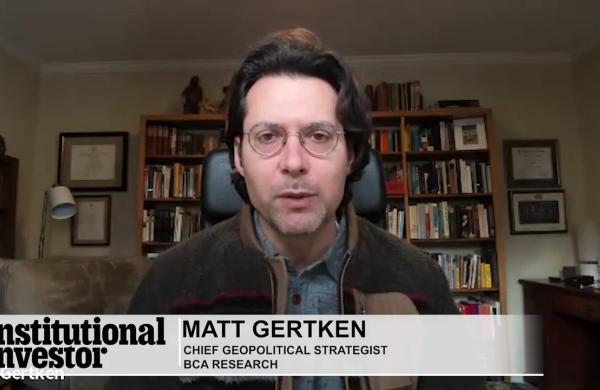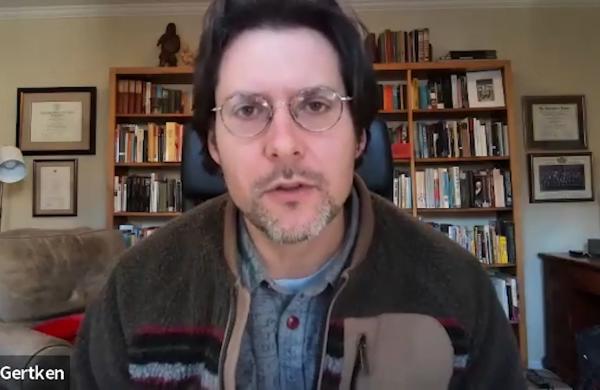The turmoil in the U.S. subprime mortgage market may have taken a big toll on UBS, but even as the Swiss bank was chopping heads and slashing its risk profile earlier this month, top executives insisted that they remained committed to investment banking.
Robert Wolf, a fixed-income veteran who was promoted from chief operating officer to president of the investment bank in the latest shakeup, acknowledges that UBS's recent performance has been "underwhelming." But he says that in scaling back its proprietary trading, UBS is refocusing on its core business rather than shrinking its ambitions.
"A lot of our positioning was kind of a carry trade," Wolf tells Institutional Investor. "It's time to get back to doing transactional and client business. Withdrawing from that type of proprietary risk doesn't impact clients."
Wolf was one of the leading beneficiaries of the sweeping changes made by UBS chief executive Marcel Rohner, who sacked the head of the group's investment bank, Huw Jenkins, announced 1,500 job cuts across the unit and vowed to rein in prop trading on the fixed-income desk. Rohner also announced a $3.7 billion write-down on the bank's holdings of mortgage-backed securities, collateralized debt obligations and prop-trading positions, including those of its shuttered Dillon Read Capital Management hedge fund, whose problems led to the firing of Peter Wuffli as group chief executive back in July.
For UBS it was just the latest in a series of managerial upheavals this year that have seen the departures of John Costas -- the former investment bank chief who set up Dillon Read -- and Ken Moelis, who quit as president of the investment bank and chief U.S. rainmaker over doubts about the UBS's commitment to the American market.
Seeking to stem those doubts, Rohner, who replaced Wuffli, made a dash to New York to reassure staff and clients that the bank wasn't pulling up stakes. Wolf says the visit helped boost morale.
"Transparency has made everyone feel like they understand what happened and they understand the direction of the firm," he says. "We've had great conversations with key clients. We believe our global footprint is what our clients are looking for."
Full disclosure also lifted UBS's share price. The bank said the write-downs would cause it to post a pretax loss of as much as Sf800 million ($680 million) in the third quarter, but as with other banks that announced write-offs, investors cheered the news. UBS shares rose 9.3 percent in the week after the announcement.





